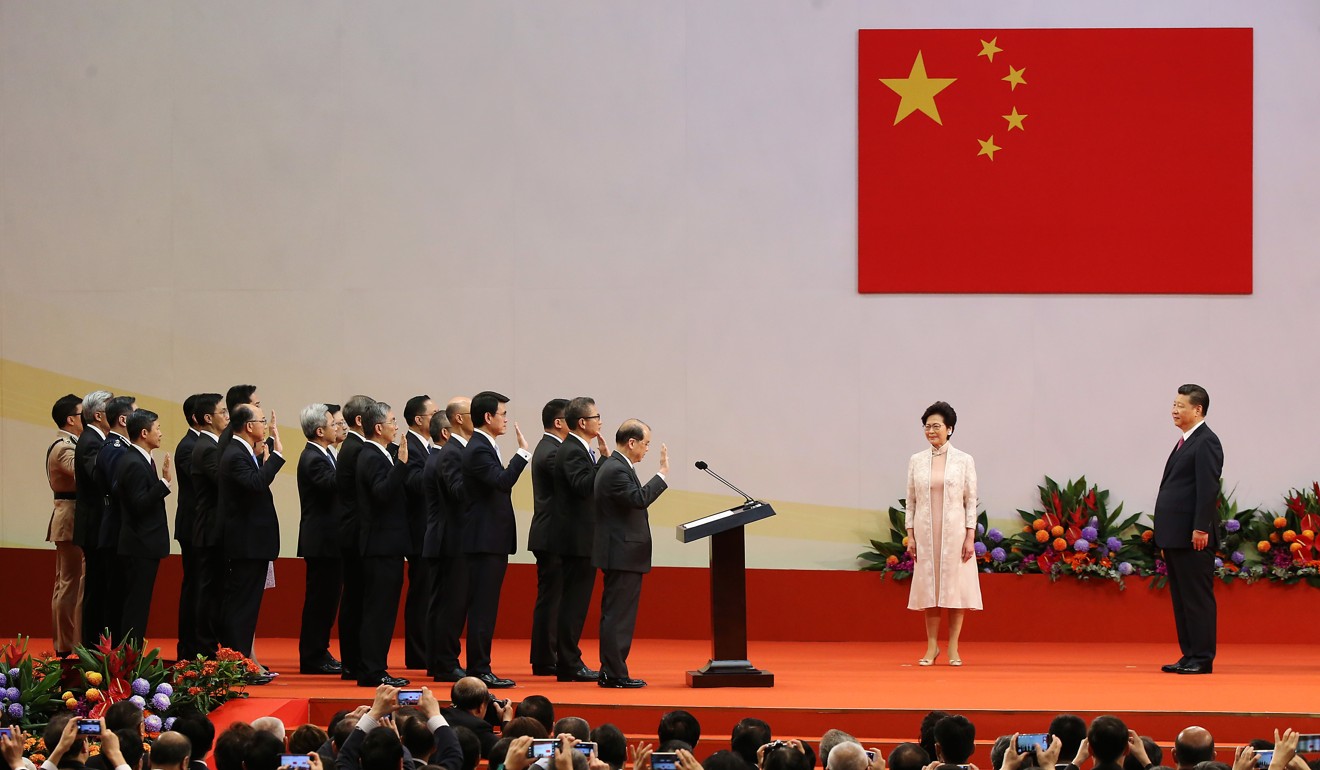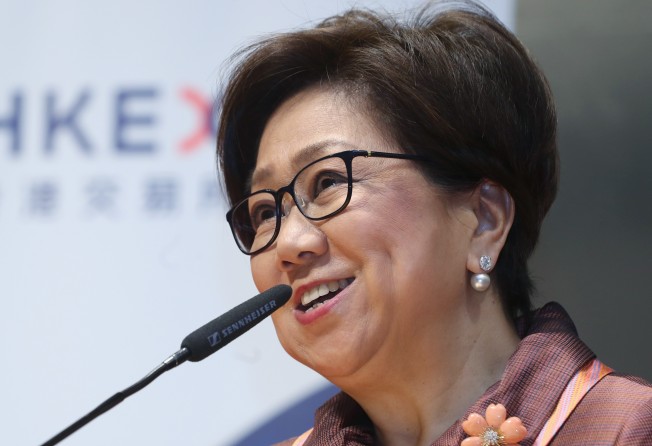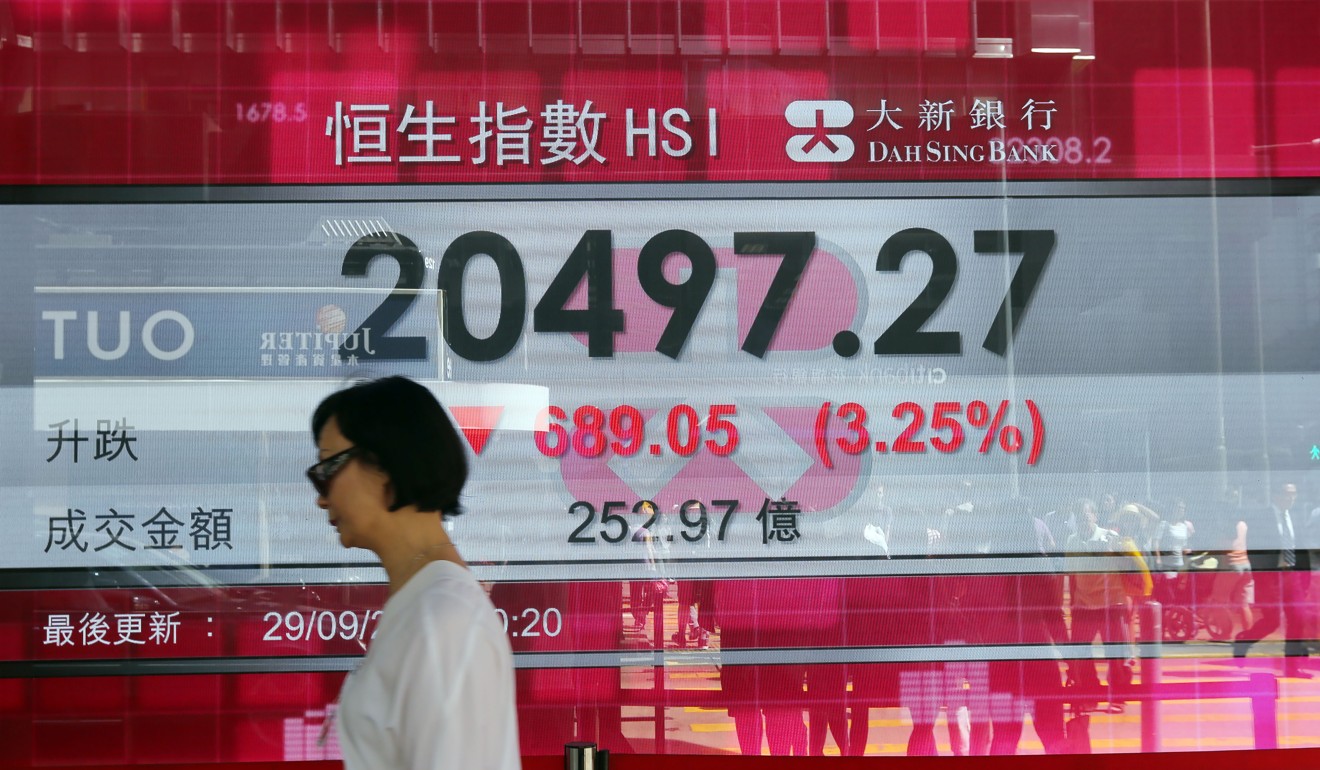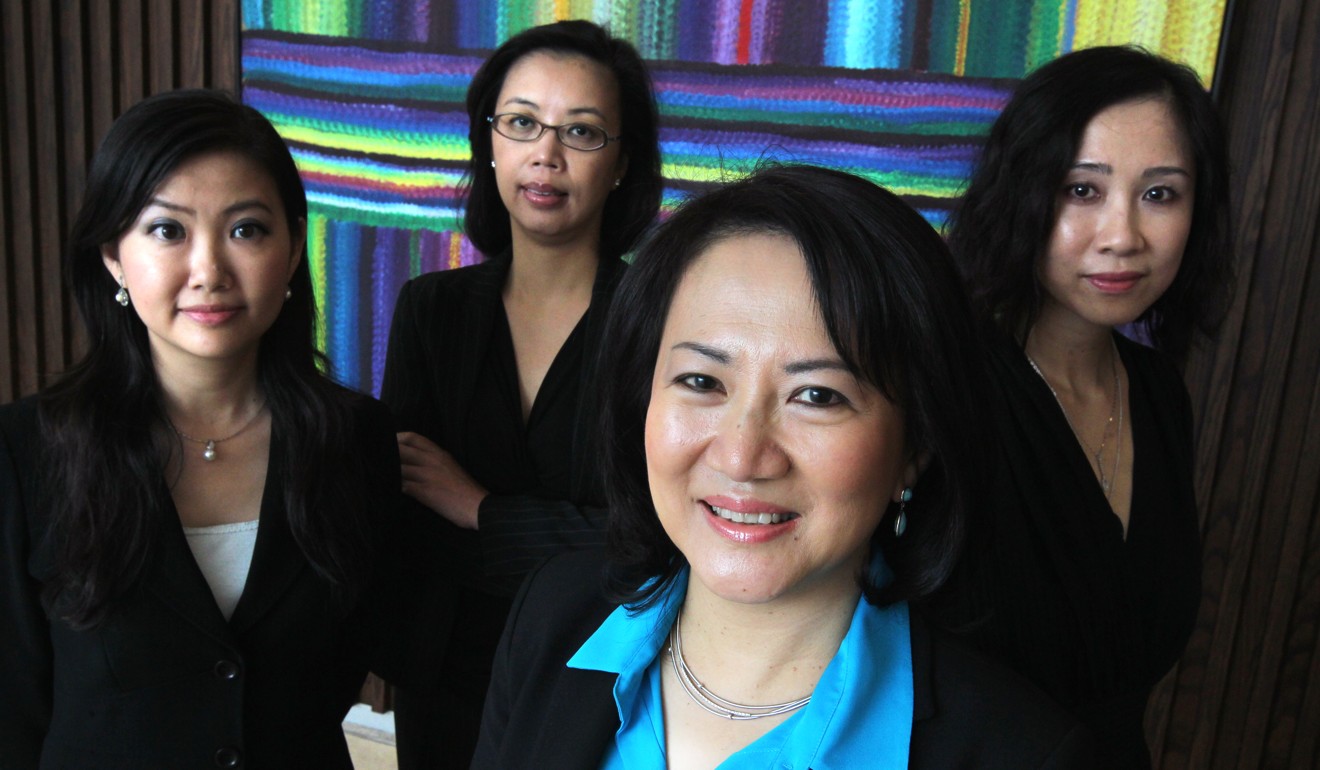
Women leaders are still scarce among Hong Kong blue-chip companies, despite the business case for diversity
Louisa Cheang says as Laura Cha makes history as the first woman to chair the Hong Kong exchange, companies should reflect on how they can leverage the value of diversity

On May 7, the government confirmed Laura Cha Shih May-lung’s appointment as chairman of Hong Kong Exchanges and Clearing (HKEX), making her the first woman to hold the position. Fittingly, final approval was given by the first female Chief Executive of Hong Kong, Carrie Lam Cheng Yuet-ngor.
It might appear that Hong Kong is a standard bearer for gender equality and greater diversity in leadership roles. But is this really the case?
Hong Kong is certainly ahead of many of its neighbours. A 2017 Deloitte report found that, among over 1,600 companies surveyed in Asia, women held just 8 per cent of board seats. Recent data from The 30% Club puts female board representation among Hang Seng Index (HSI) constituent companies in Hong Kong at over 13 per cent. Mainland China also holds up well, with women accounting for about 11 per cent of board seats, according to Deloitte’s research.

However, other statistics highlight that there is still significant room for improvement. As vice-chairman and chief executive of Hang Seng Bank, I am the only female CEO of an HSI constituent company. Similarly, in her new role at HKEX, Cha is the only woman among the chairmen of Hong Kong’s 50 blue-chip firms.
A 2018 study by McKinsey reported gender diversity is positively correlated with both profitability and value creation
And while Hong Kong’s female board representation rate compares favourably with the Asian average, it lags well behind those in other parts of the world. Among S&P 100 companies in the US, women hold nearly 24 per cent of directorships, in ASX-200 corporations in Australia, it is about 27 per cent, and for FTSE 100 constituent companies in the UK, the figure is about 29 per cent.
The business case for greater diversity is increasingly clear. A 2018 study by McKinsey reported that gender diversity is positively correlated with both profitability and value creation, and that having a more diverse leadership team is correlated with financial outperformance.
In a competitive business environment, companies are differentiating themselves through creativity and excellence in product and service development and delivery. A diverse workforce can drive innovation and fast-paced change. And organisations that reflect the diversity of their customers and other stakeholder communities will have better insight into how to serve these groups.

But approaching diversity as simply a box-ticking or external public relations exercise misses the bigger picture. Successful organisations don’t just hire diversely – they use diversity to drive growth. Unleashing the power of a diverse workforce requires an inclusive corporate culture in which employees feel valued, have a sense of personal belonging and are empowered and emboldened to share their ideas, opinions and experiences.
Successful organisations don’t just hire diversely – they use diversity to drive growth
Creating a work environment that respects individuality will enable companies to attract and retain top talent. It will also facilitate the expression of a wide variety of perspectives and knowledge that can help businesses create better products and services, find innovative ways to overcome challenges, and tap into new or underserved markets. Deloitte research has found that diversity of thinking enhances innovation by about 20 per cent and improves a group’s ability to identify risks by up to 30 per cent.
Building more inclusive workplaces may require significant organisational change. Providing a variety of channels and opportunities for open communication will encourage employees to speak up. Actions to break down vertical barriers between managers and staff and to reduce silo thinking will create fertile conditions for the flourishing of new ideas and solutions.

Family-friendly policies such as flexible working hours, and paternity and adoption leave, reduce pressures on working parents and individuals with complex personal circumstances, freeing them to perform at their best.
Perhaps most crucial is active support for greater inclusivity among corporate leaders
Acknowledging the personal values and interests of employees by offering them volunteer leave or sabbaticals to support community development projects and charitable organisations can help strengthen staff loyalty, leading to lower turnover rates, and instil a sense of workplace pride.
Perhaps most crucial is active support for greater inclusivity among corporate leaders. The attitudes and behaviour of senior management will strongly influence whether employees buy into efforts to establish diversity and inclusion as important pillars of business operations.
And action can’t end at the office door. For meaningful long-term change, companies must successfully engage the broader community. For example, businesses that ignore the diversity of their customer base in developing their products, services, advertising or corporate values may find themselves left behind.
Corporate sustainability activities can champion greater inclusivity by facilitating social mobility and promoting greater cross-cultural and intergenerational understanding. Today’s business leaders must act as mentors and share their experience and expertise with young people to ensure tomorrow’s top executives and entrepreneurs understand the benefits of diversity and having an inclusive mindset in their professional lives.
Leveraging the strengths of diversity and inclusivity is vital for the future growth and development of our city. Companies that embrace this challenge will enjoy greater employee satisfaction, organisational sustainability and economic success. As the expectations of increasingly complex corporate stakeholder communities continue to grow, diverse and inclusive businesses will be better placed to make decisions that are relevant, respected and rewarded.
Louisa Cheang is vice-chairman and chief executive of Hang Seng Bank